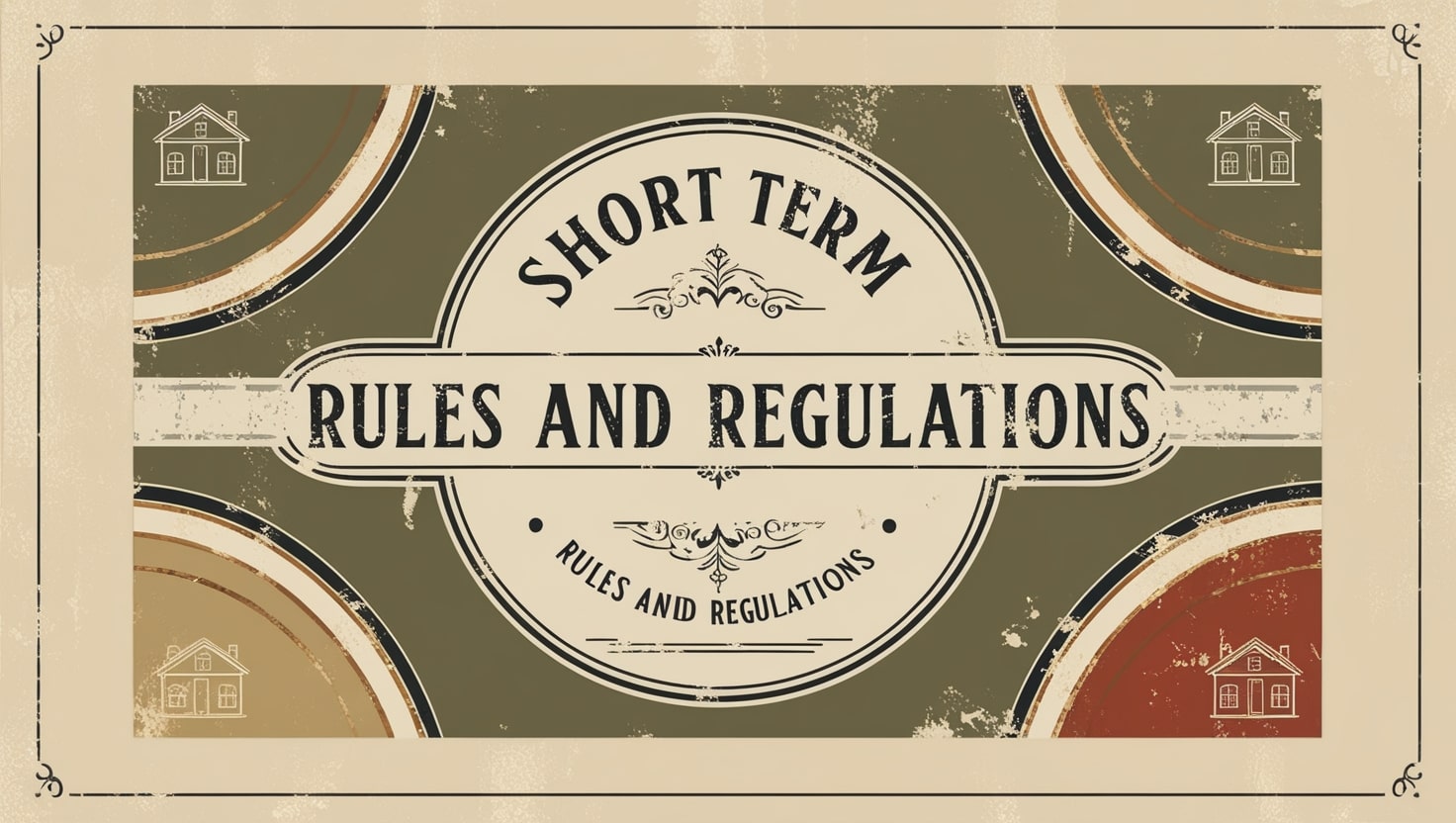Milwaukee, United States Airbnb Rules & Regulations
Last updated on: 4th July, 2025


Last updated on: 4th July, 2025

As short-term rentals boom in popularity, cities like Milwaukee have implemented regulations to manage this growing industry. For hosts looking to leverage platforms like Airbnb, it's essential to navigate the local legal framework effectively. Here’s a summary of key regulations and requirements for operating short-term rentals in Milwaukee as of 2024.
To operate a short-term rental, hosts must secure a Tourist Rooming House license from the Milwaukee Department of Neighborhood Services. This process ensures that properties meet health, safety, and zoning standards, allowing for better neighborhood integration and tourist safety. The application requires various documents, including proof of property insurance and evidence of compliance with building codes.
The permit application involves submitting information regarding the property, including its type and intended rental use. Hosts must also pay an initial application fee. Annual renewal is mandatory, and it is vital for hosts to stay abreast of compliance requirements to avoid penalties.
Zoning laws dictate where short-term rentals can be operated. Certain properties may require a special-use permit under local zoning ordinances, which aim to balance the tourism industry with neighborhood stability. Understanding local zoning codes is crucial for hosts before listing their properties.
Hosts are responsible for maintaining high safety standards, including installing functioning smoke detectors and ensuring cleanliness between guest stays. Compliance with health and safety regulations is not only mandated but critical for guest well-being and neighborhood relations.
Milwaukee requires hosts to collect and remit a Transient Occupancy Tax (TOT) of 10% on rental income. This is in addition to standard property taxes and gross income taxes. As a host, it’s essential to account for these taxes in pricing structures to ensure compliance with local laws and support city services.
Non-compliance with these regulations can lead to significant penalties, including fines ranging from $150 to $500 for first-time offenses, and higher fines for repeated violations. The Department of Neighborhood Services is charged with investigating complaints and enforcing regulations to ensure adherence.
Milwaukee is mindful of the balance between the growth of short-term rentals and the preservation of affordable housing. Local authorities are vigilant in monitoring how these rentals may affect housing availability and community integrity. Stakeholders advocate for regulations that support both tourism and community interests.
For prospective Airbnb hosts in Milwaukee, understanding and complying with local regulations is foundational to running a successful short-term rental business. Emphasizing safety, maintaining clear tax obligations, and fostering positive relations with neighbors can position hosts favorably within the community while protecting against regulatory pitfalls. Regular consultation with the Department of Neighborhood Services can provide ongoing guidance for compliance and local regulatory updates.